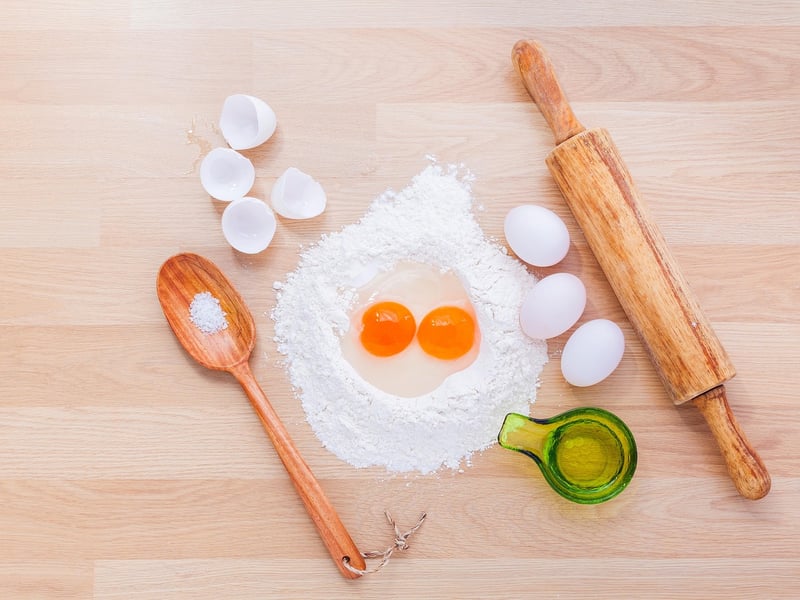Historical Recipes
Exploring Culinary Traditions and Historical Recipes
Food has always been an integral part of cultural identity, reflecting a community's history, values, and traditions. Exploring culinary traditions can provide a fascinating glimpse into the past, offering insights into how people lived, what ingredients were available, and how they prepared their meals. Let's delve into some historical recipes that offer a taste of bygone eras.
Ancient Roman Garum

Garum was a popular condiment in ancient Rome, made from fermented fish sauce. To recreate this historical recipe, combine fish intestines, salt, and herbs in a clay pot. Let it ferment in the sun for several weeks until it develops a rich, umami flavor. Garum was used to season various dishes in Roman cuisine.
Medieval Hypocras

Hypocras, a spiced wine drink, was enjoyed during medieval times. To make this historical beverage, mix red wine with honey and a blend of spices like cinnamon, cloves, and nutmeg. Let the flavors meld for a few days before straining and serving chilled. Hypocras was believed to aid digestion and was a favorite among nobility.
Colonial Pumpkin Pie

Pumpkin pie has been a staple of American Thanksgiving since colonial times. To make this historical dessert, roast pumpkin, and puree it with spices like cinnamon, ginger, and nutmeg. Pour the mixture into a pie crust and bake until set. Colonial settlers adapted European pie-making techniques to create this iconic dish.
Victorian Trifle

Trifle, a layered dessert, gained popularity during the Victorian era. To prepare this historical sweet treat, alternate layers of sponge cake, custard, fruit, and jelly in a glass bowl. Top it with whipped cream and garnish with almonds or candied fruits. Trifle was a favorite at formal dinner parties in Victorian England.
By recreating historical recipes, we can connect with the past through the flavors and techniques that sustained our ancestors. These culinary traditions offer a delicious way to appreciate the richness of our shared heritage.
